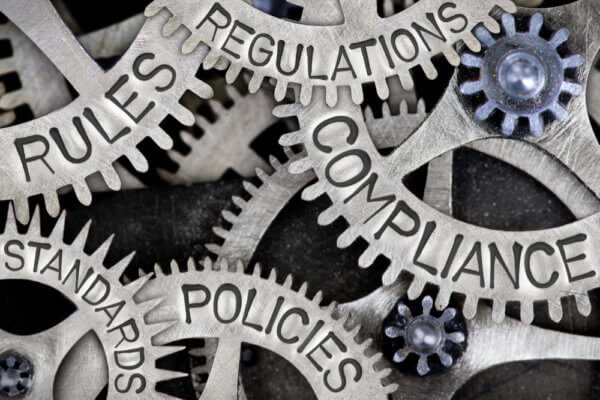When it comes to cryptocurrency regulation, the United States is lagging. This is the official opinion of Rep. Maxine Waters, who’s now going head-to-head with David Marcus of Facebook’s blockchain division.
Regulation: An American Approach
To an extent, Waters does seem to have a point. When compared with certain regions of Europe and Japan, the U.S. is certainly behind when it comes to regulating digital assets, though to be fair, it can also be said that the United States is being the most careful when it comes to implementing the right kinds of regulation.
Some countries – such as China and India – have sought to simply ban crypto or aspects of the crypto market altogether. While in the long run this is a form of regulation, it’s a very lazy maneuver. Regulators clearly notice the fraudulent behavior and thievery that can occur within the space, but rather than take the time to develop safer methods of transactions, the idea of banning everything outright somehow appears more virtuous.
Even though crypto is a growing asset and digital trading is becoming far more common, these countries cannot benefit from what they bring to the table.
It’s probably safe to say that an area such as Japan is likely the most regulated place when it comes to crypto assets, though Japan really had no choice in the matter. After hacks like Coincheck in January 2018 and Mt. Gox in February 2014, Japan had no other option but to step up to the plate and instill strict legislation when it came to crypto.
The country is home to more exchanges than any other spot in the world, and after suffering two big embarrassments that when combined, saw more than $1 billion in crypto funds disappear, the country had to get the FSA (Financial Services Agency) involved to push the bar.
Regions of Europe on the other hand, such as Switzerland, are known for very loose regulations, which ultimately improve innovation but can open further doors to fraudulent activity. Several companies are moving to regions like Malta from China or other Asian countries to avoid the strict laws that impede creativity and growth, but there are spots located throughout Europe that are the other extreme.
The best bet in this case is to meet in the middle, something the United States could potentially be seeking to do, which is why it’s probably taking so long when it comes to implementing appropriate crypto regulations.
Are We Ready for This New Asset Class?
Waters could recently be heard commenting on the U.S.’s lack of digital currency regulation during a Washington hearing. She stated:
Our current system of regulation lacks adequate coordination, safeguards and attention to cryptocurrency… The Fed should be a leader on this issue and should not take a wait-and-see approach.
